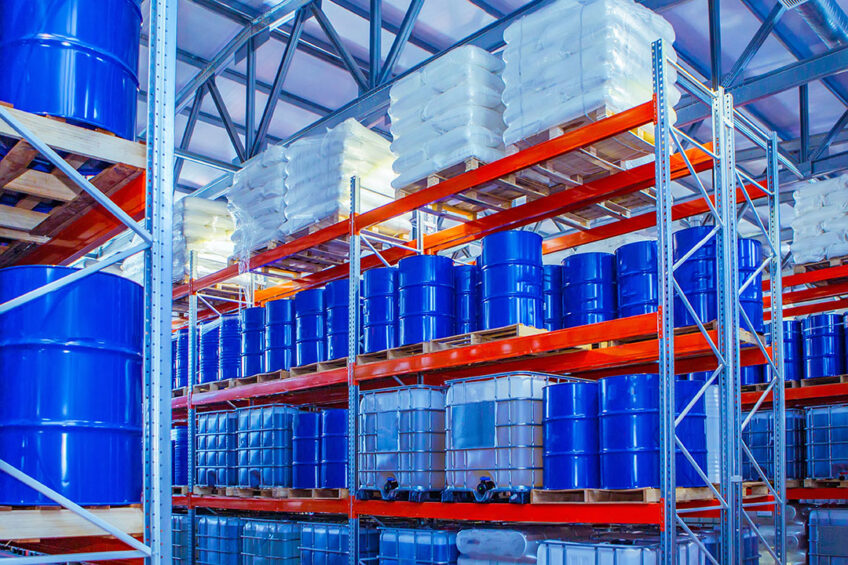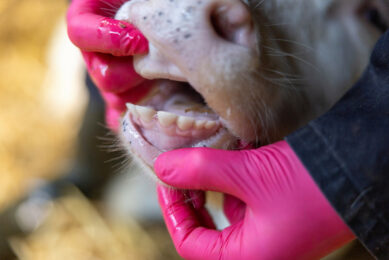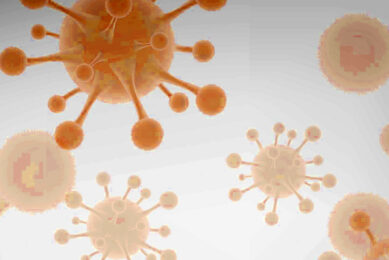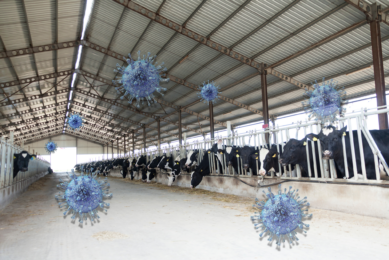Covid-19: The impact on the dairy hygiene supply chain

One thing we can be sure of is that the Covid-19 pandemic has brought much uncertainty in many sectors, including whether distributors would still be able to get stock of hygiene products to dairy farmers. Diversey, a global manufacturer of hygiene and cleaning products, gives us some insight into the hurdles in the supply chain during the pandemic.
As with many companies around the world over the last few months, Diversey has had to adapt and respond quickly to a rapidly changing working and trading environment. Vice president of supply chain for Diversey, Ian O’Connor has seen these changes first-hand in the supply chain, “We’ve had to deal with everything from difficulties in sourcing raw materials, to challenges with restricted freight routes, to an explosion in demand for (hygiene) products,” adds O’Connor. In addition to this, in the height of pandemic some dairy farmers purchased ahead, and increased quantities of hygiene products ordered through distributors.

When coronavirus hit and countries all over the world began going into lockdown hygiene solutions for food and beverage production and the healthcare sector saw an unprecedented increase in demand. On a global scale, demand for hygiene solutions skyrocketed in many sectors. “Maintaining consistent supply was the main issue we encountered,” said O’Connor, adding that the focus has been on the healthcare sector and also making sure the food supply chain was not interrupted. This includes agriculture, where hygiene is of upmost importance.

Global demand
Rob Kelly, agricultural marketing director at Diversey adds, “Chlorhexidine, the biocide used in a number of our teat disinfectants such as Teatfoam Advance, is also the biocide favoured by the healthcare sector for infection control products such as hand disinfectants, so global demand was extremely high.” Chlorine is also a recognised biocide of choice for dairy hygiene, but also now has WHO (World Health Organisation) approval for coronavirus control. “This has seen demand expand into non-traditional markets,” he stresses.

“In May, demand in the dairy sector returned to normal levels, and we are expecting to see a slight decrease in coming months as some farmers have excess stock.
“It’s difficult to say at this time if this has been a temporary issue, or if we should expect a second wave. Going forward, I think attention to hygiene will be greater in every sector, so our buying patterns and demands will change – disinfectants specifically will no doubt see a continued increased demand.”
Source and for more info: Diversey
Join 13,000+ subscribers
Subscribe to our newsletter to stay updated about all the need-to-know content in the dairy sector, two times a week.










